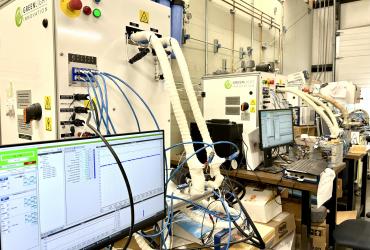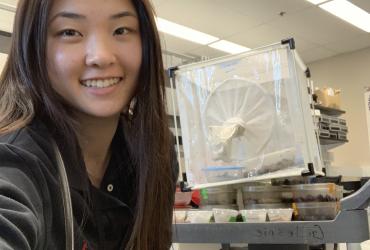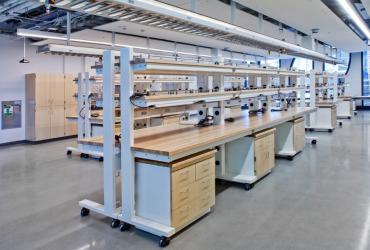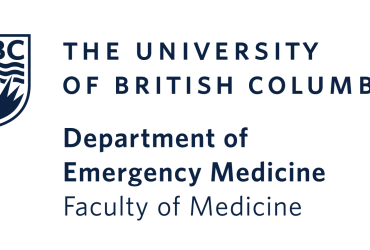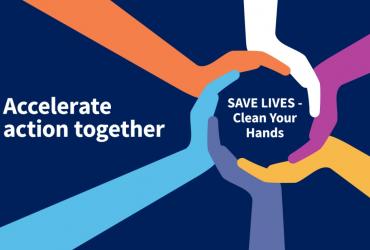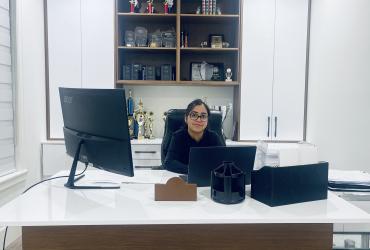Orientation and First Weeks
I had the wonderful pleasure of meeting my supervisor on my first day at a coffee shop. As the job is remote, I really appreciated my supervisor proposing to meet in-person on the first day. In a remote job I had before, I never got a chance to meet my supervisor, so I really appreciated getting to meet her right away. Personally, I would highly recommend others who choose remote jobs to take opportunities to meet/work with their supervisors and colleagues in-person at least once near the beginning for more engagement and to help build a closer relationship.
During the meeting on my first day, my supervisor and I went over job tasks, long-term goals of the research project, what my everyday workday may look like, my career and academic goals, what I want to gain from the co-op, and more. It was a fantastic way to start. I felt very refreshed, excited, and eager to begin.
The first weeks went smoothly. I quickly got accustomed to working full-time remotely for the first time, as I found many aspects of the nature of it to be very similar to studying. Being self-disciplined and organized is key to working remotely, just like studying.
In the first weeks, my employer organization got all the co-op students and our supervisors together for a lunch, which was a great way to meet the others and hear about the other ongoing projects.
Day to Day
Day structure:
Working from home is definitely a privilege, as I can simply wake up and sit in front of my computer to begin working. No rushing to get out of the house on time to commute to work. I start my workday by writing a checklist of the tasks I want to complete or if I made one, looking over the checklist I made the day before. Then I work through the morning, before taking a long break at noon to go running, shower, and have lunch. When I sit back down to continue working, I feel refreshed. This is the same way I schedule my study days and I love being able to practice this routine while working from home. I usually have 3-4 meetings a week with my supervisor, and otherwise I am always working independently alone. However, I am lucky that my supervisor is always available to answer my questions via Slack, which makes problem-solving seamless.
Work content:
I am leading two research projects about Chronic Wasting Disease (CWD), a fatal prion disease affecting deer. I am conducting literature reviews about the human dimensions of CWD and CWD management strategies. I also have opportunities for training and skills-building, such as lab training at the Nanaimo facility where I got to sample deer for CWD.
Learning and Adaptation
Working remotely requires being self-disciplined. Since I began this co-op with excitement and enthusiasm for my research, this was not difficult at the start. As the co-op went on, I realized I needed to put in more purposeful effort to maintain this self-discipline. To do this, I made sure to continue making checklists every day of the tasks I need to / hope to complete as this helps me stay focused and on task. I also found it helpful to take a few minutes at least once a week to reflect on my learning objectives for this co-op, what impact it is having on my academic and career goals, and if my work of late has been meeting my learning objectives and hopes of what I would gain from this co-op. This helps remind myself of why I am doing it, the benefits of it, re-spark the passion and interest I have in the research, and highlight any areas of concern that I can then discuss with my supervisor.












